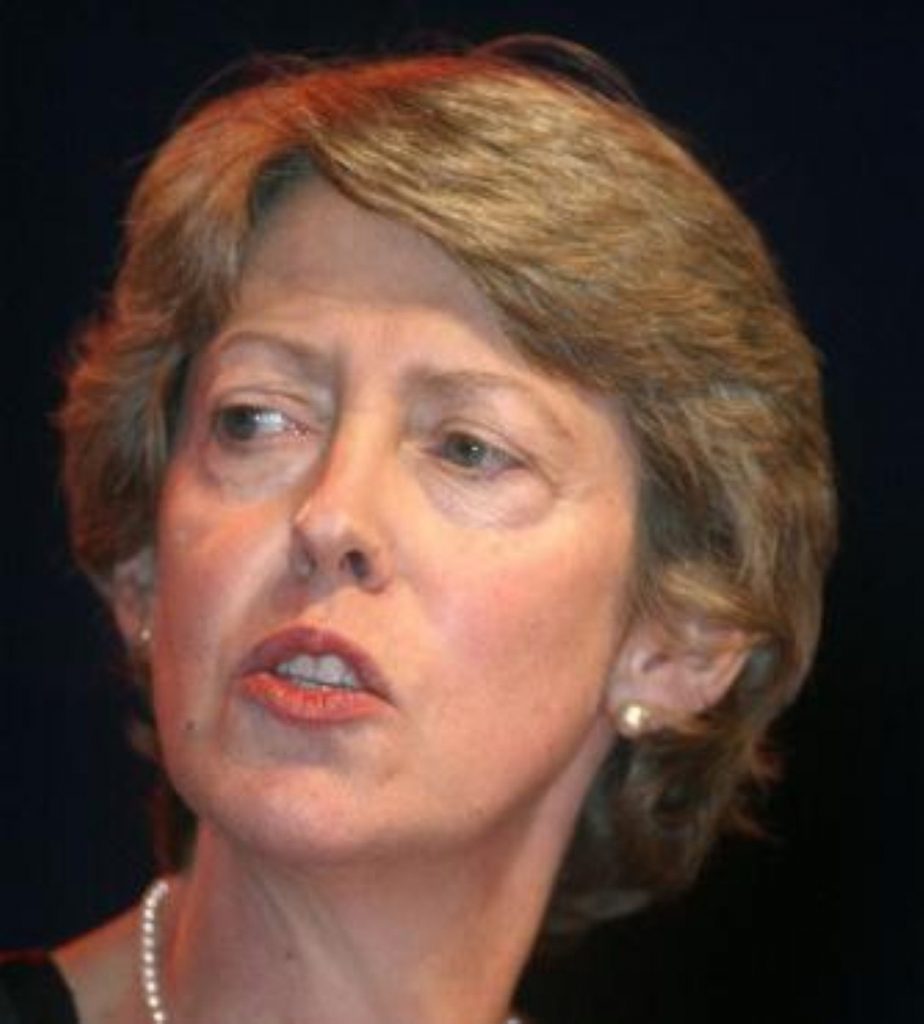NHS trusts ‘must be in surplus’ by 2008
The health secretary has today ordered NHS trusts to ensure they reach a budget surplus of £250 million in two years time.
Patricia Hewitt said trusts, which recorded a deficit of £520 million in April, should be able to balance their books by next March and end up with extra cash a year later.
She denied such efforts would damage patient care, saying hospitals could introduce more efficient working methods, such as moving more of their surgery to during the day.
“The productivity pot of gold, I’ve always called it – that is the way the NHS will give people much better and faster care, also better value for money,” she told Today.
Ms Hewitt has also rejected calls to scrap the accounting rules for NHS trusts, which were introduced in 2001 but which one NHS finance director described last night as a “nightmare from Alice and Wonderland”.
The resource accounting and budgeting (RAB) system requires trusts which overspend to lose that amount in funding the following year. As it also has to carry over the budget deficit, the trust essentially has to pay out the debt twice.
The operating framework for the NHS next year, announced today by Ms Hewitt and NHS chief executive David Nicholson, acknowledges the concerns about RAB raised by the Audit Commission this summer, saying it is “increasingly unsustainable”.
But the health secretary says she is not prepared to provide any more funds needed to support trusts while the accounting system changes, and will wait until the NHS is back in surplus before looking at the issue again.
Ms Hewitt said the RAB provided a “proper system of discipline” for trusts and said that it was not causing the overspending, but revealing it.
However, the NHS Confederation, which represents hospital trusts, said it was “very disappointed” at the failure to revise the rule, saying removing RAB would give a “fairer picture” of trusts’ financial circumstances.
“NHS organisations are working hard to achieve financial balance in their income and expenditure, but for many the way that deficits are accounted for by the centre makes the challenge of financial balance extremely difficult,” said chief executive Dr Gill Morgan.
Beverly Malone, general secretary of the Royal College of Nursing (RCN), added: “Hard pressed trusts struggling to tackle deficits need more time and greater support, not unrealistic accounting deadlines and unachievable financial targets.”
Elsewhere, the operating framework sets out the ongoing priorities for the NHS, namely cutting the maximum wait from GP referral to treatment to 18 weeks by March 2008 and reducing health inequalities.
Tackling hospital-acquired infections such as MRSA also remains a priority for next year, although in acknowledgment of the new problem of Clostridium difficile, another infection, acute trusts are being offered £300,000 each for better hygiene facilities.





-01.png)